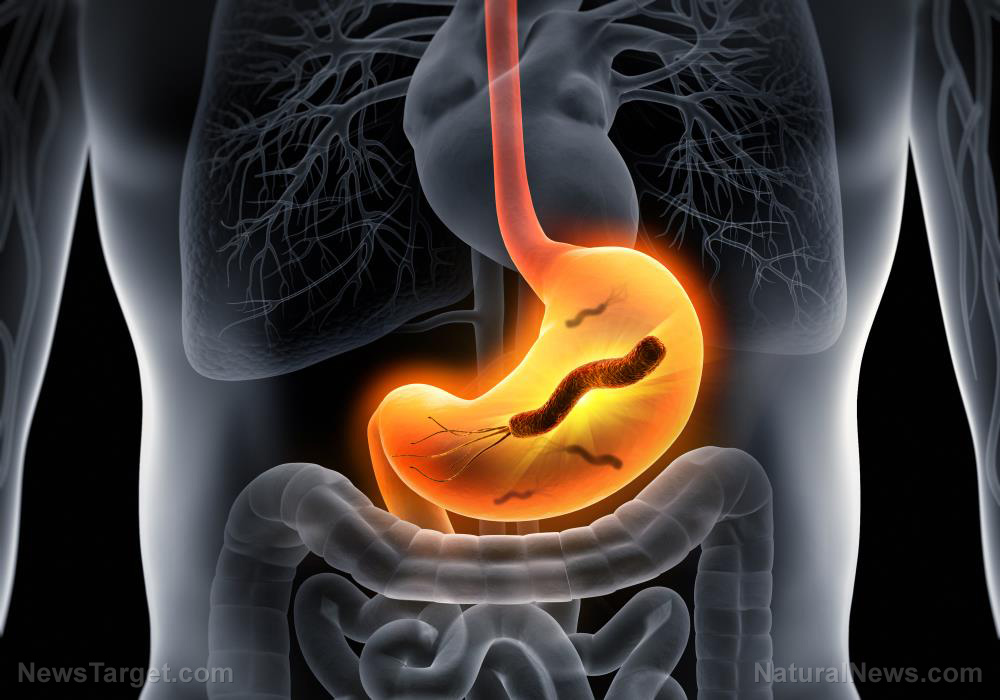Same song, second verse: Two popular painkillers in the U.K. may become the sequel to American’s opioid epidemic
11/27/2018 / By Rhonda Johansson

The saga continues in another round of prescription-related deaths spreading across the U.K. Doctors are surprised to find that so many people have died after becoming addicted to and overdosing on pregabalin (sold as Lyrica) and gabapentin (sold as Neurontin) to treat chronic pain and anxiety, respectively. After doubling the prescriptions for both drugs since they were licensed in 2011, the number of deaths related to pregabalin has risen by 2,675 percent. Data for gabapentin-related deaths remains unclear. All the same, medical professionals, as well as health groups, have noted that too many people have died and are dying due to the drugs being used illicitly.
The tragedy of the deaths, however, is blamed on patients not using the drugs properly. Doctors have said that both drugs depress the central nervous system (leading to sedation or reduced breathing). If taken with other forms of depressants (such as alcohol or opioids), there is a significantly higher chance of experiencing an overdose. There is no mention to how these drugs enter the patient’s hands in the first place. We are just left to assume that thousands of Britons have access to the black market because obviously illegal drug trades can be found on every corner.
Let’s not talk about the fact that doctors may be over-prescribing these drugs. The Centers for Disease Control and Prevention (CDC) has recommended that clinicians consider other medication classes before turning to opioids for patients experiencing chronic pain or anxiety. However, in an inept attempt to avoid first-line options of opioids, medical doctors are now willfully handing out gabapentinoids (gabapentin or pregabalin) like candy. So while the U.S. Food and Drug Administration (FDA) has approved gabapentinoids for certain types of pain (such as spinal cord injuries and neuropathic pain), there have been reports (made by the doctors themselves) of these drugs being prescribed to treat almost any type of pain, including very minor ones.
National data supports this. Only two years ago, gabapentin was the 10th most commonly prescribed medication in the country, with over 64 million prescriptions dispensed. That was only 39 million in 2012. Similarly, pregabalin doubled its invoice drug spending from 2012 to 2016.
In a commentary published in the New England Journal of Medicine, authors Christopher W. Goodman, M.D. and Allan S. Brett, M.D. write, “We suspect that clinicians who are desperate for alternatives to opioids have lowered their threshold for prescribing gabapentinoids to patients with various types of acute, subacute, and chronic noncancer pain.”
Amidst all of this is the little known conclusion that these drugs do not even work. A small Canadian study concluded that pregabalin and gabapentin do little in treating chronic back pain. Moreover, the drugs were noted to induce several negative side effects including dizziness, fatigue, and moderately severe visual disturbances. (Related: Pregabalin May Increase Risk of Major Birth Defects, New Study Reports.)
In the U.K. there is a movement to have these drugs labelled as a Class C Substance.
No such action is being taken in the U.S. (so far).
Natural ways to treat pain
There are safer and more effective ways to treat your pain. Here are some suggestions:
- Ginger — Small studies have suggested that ginger extract may help with joint and muscle pain. Taken in small amounts, ginger can effectively reduce inflammation.
- Turmeric — This spice is regularly used by Ayurvedic practitioners to relieve arthritic pain and heartburn.
- Capsaicin — The compound is derived from hot chili peppers and is used to treat chronic pain. The effect though is cumulative so it will take a few days before you feel better.
You can find other herbs that can be used to treat pain at NaturalCures.news.
Sources include:
Tagged Under: addiction, chronic back pain, drug addiction, epidemic, FDA, gabapentin, gabapentinoids, harmful medicine, Lyrica, Neurontin, opioid addiction, Opioids, pain killers, pain relief, pain relievers, painkillers, pregabalin




















